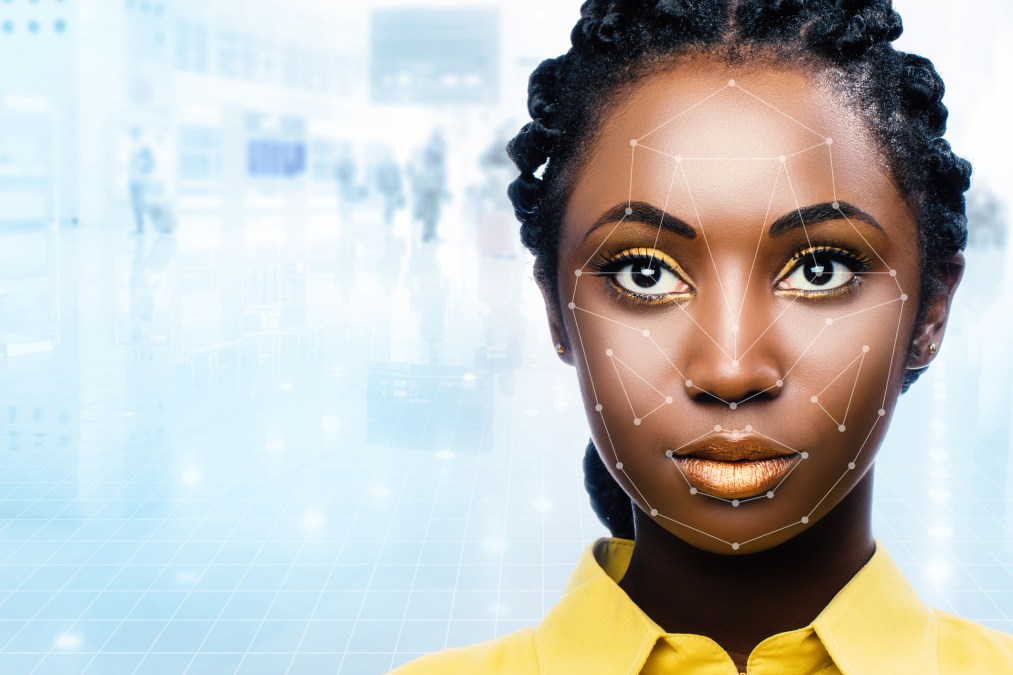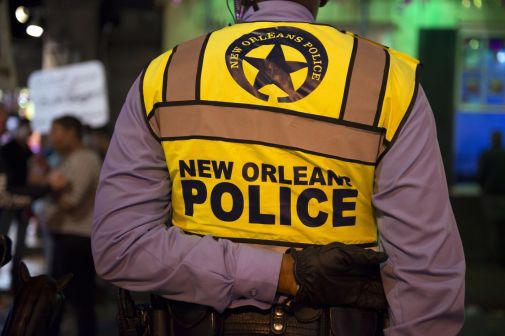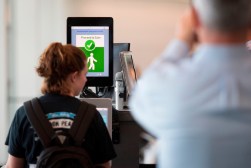States warned about facial recognition for unemployment claims

The U.S. Labor Department Office of Inspector General is warning states that their unemployment insurance systems should exercise “extreme caution” when using identity-verification software that includes facial recognition.
In an alert memorandum made public Tuesday, the department’s watchdog office wrote that it was “concerned that the use of identity verification service contractors may not result in equitable and secure access to UI benefits,” noting longstanding criticisms of facial-recognition technology, including that the algorithms that underpin those systems can disadvantage women and minorities.
According to the memo, 24 of 53 state workforce agencies across the country use an identity verification contractor that includes facial recognition. That figure’s been on the rise since the start of the COVID-19 pandemic, when unemployment exploded and states had to scramble to reconfigure their systems for record-shattering numbers of claims and several emergency federal benefits.
Many states added facial-recognition processes to combat fraudulent claims — of the 24 state workforce agencies using such a vendor, 22 told Labor’s inspector general that the technology has helped them tamp down on fraud.
In total, states employing facial recognition relied on 10 vendors, including market leaders like ID.me, which according to documents unearthed last year, pushed states aggressively to adopt its platform while also encouraging officials to play down the fact it involved facial recognition.
The OIG memo states that its concerns about facial recognition build off a 2019 report from the National Institute of Standards and Technology finding that such systems have higher error rates when analyzing women or racial minorities, including Black, Native American, Asian-American and Pacific Islander faces.
The memo also noted a separate audit, published last June by the U.S. Government Accountability Office, showing that in two states, Black applicants for pandemic-era unemployment benefits were approved half as often as white applicants.
But the watchdog wrote that the department’s Employment and Training Administration, which sets policy for unemployment systems, has provided “minimal guidance” to state agencies on using facial recognition when processing claims. It also found that 15 of the 24 state workforce agencies contracting with facial-recognition vendors that do not align with recommendations made by the National Strategy for Trusted Identities in Cyberspace, a 2011 NIST initiative aimed at improving the security of personal data.
In response to the inspector general, Brent Parton, the acting assistant labor secretary for employment and training, wrote that his division will develop guidance for state unemployment programs requiring them to provide at least one form of identity verification that does not include facial recognition.
Parton noted, though, that states faced “significant challenges” in the surge in fraud targeting unemployment insurance systems during the pandemic, especially as cybercriminals’ tactics became more sophisticated. He also noted the Labor Department has set aside hundreds of millions of dollars to assist states in upgrading their unemployment systems to protect against fraud, including $240 million for technology modernization projects.






